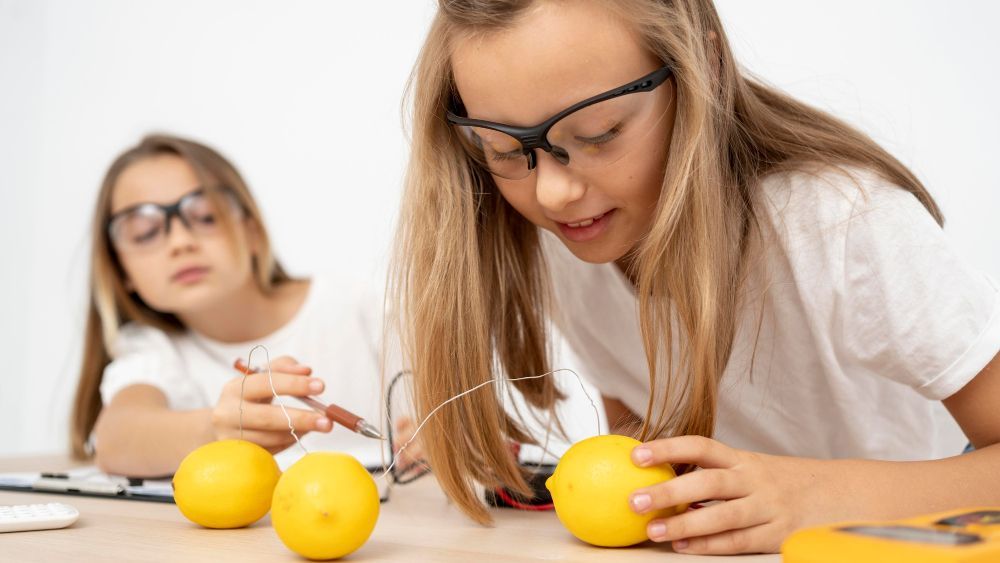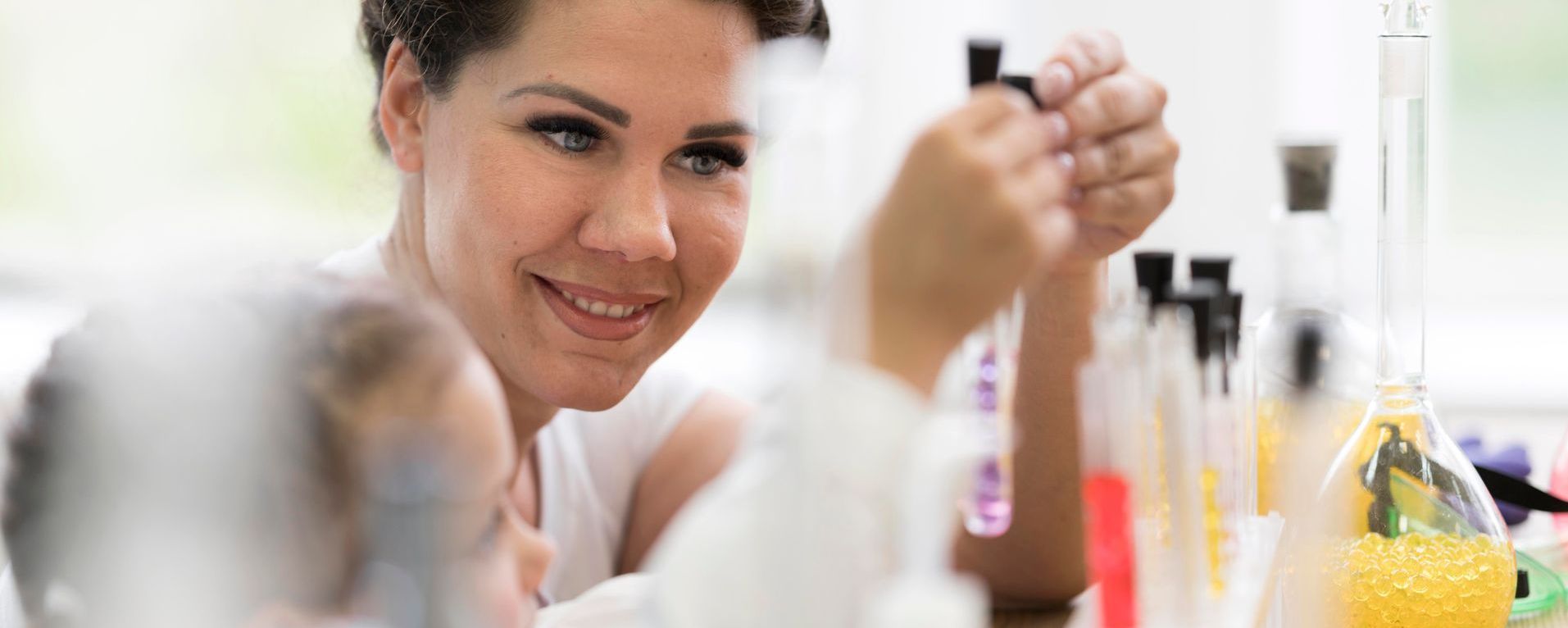22 aprile 2025
article also available in FR , DE , IT , PT , SL : STEM (Science, Technology, Engineering, and Mathematics) and STEAM (which adds Arts to STEM) fields are essential in today's world as they drive innovation , economic growth , and technological advancements . They help solve global challenges like the climate crisis, healthcare disparities, and cybersecurity issues while expanding career opportunities in high-demand industries. Unfortunately, there is still a deep-rooted underrepresentation of women in STEM professions and education, and in general, a lack of diversity in STEM fields. Supporting gender equality and diversity in STEM is crucial not only because everyone deserves to be able to pursue their curiosity and have an opportunity to fulfil their potential , but also because we all stand to benefit from science. Moreover, STEM education helps develop critical thinking , problem-solving , and analytical skills , which are essential for success in any field of work and life. Furthermore, encouraging diversity in these fields also leads to more inclusive and innovative solutions. The roots of the gender gap are multifaceted, including the persisting stereotypes and lack of female role models . Many still associate the STEM fields with masculine qualities , and most of the STEM success stories represent male individuals, which leads to the perpetuation of stereotypes that can discourage girls and women from pursuing STEM education and careers, and makes it harder for them to find role models and mentors in the field. (Piloto, 2023) Role models play a significant role in shaping motivational processes , guiding goals and pathways to success (Lockwood & Kunda, 1997). Furthermore, role model interventions have proven effective in reducing concerns about representing one's group in a stereotyped domain , mitigating the stereotype threat (Dasgupta, 2011). Exposure to relatable role models boosts career motivation, academic and professional aspirations, exam performance, and perceived success while reducing implicit self-stereotyping (Ramsey et al., 2013). In particular, encountering successful female role models helps counter negative stereotypes, reinforcing the idea that individuals "like them" can excel in the field (Hill et al., 2010). Recent research conducted with 304 girls aged 12 to 16, described in the article "Girls in STEM: Is It a Female Role-Model Thing?" (Master et al., 2020), examined how exposure to female role models influences girls' perceptions and aspirations in STEM fields. The girls in this study attended sessions with female STEM professionals, who discussed their careers, experiences, and challenges. Before and after the intervention, the researchers measured: Interest in STEM subjects (especially Maths). Perceived value of STEM education. Self-confidence and expectations of success in STEM. Gender stereotypes regarding STEM careers. Aspirations for STEM-related careers. The key findings revealed that exposure to female role models in STEM significantly increased girls' interest , confidence , and enjoyment in mathematics , leading to higher aspirations for STEM careers. It also helped reduce gender stereotypes by challenging traditional perceptions of male-dominated fields and expanding ideas about who can succeed in STEM. Additionally, sessions that emphasised counter-stereotypical aspects, such as teamwork and communication , further enhanced the positive impact, suggesting that presenting STEM in a more inclusive and relatable way makes it more appealing to young girls. (Master et al., 2020) In conclusion, the study (Master et al., 2020) highlights that the presence of female role models is a crucial factor in motivating girls to pursue STEM careers , especially when these role models break traditional stereotypes of the field. Building on this evidence, the STEAM Tales project fosters girls' interest in STEAM education and careers through the storytelling of 12 inspiring women's biographies in STEM. Designed for elementary school children aged 6-9, these stories feature illustrations and engaging questions to spark curiosity and participation. Each narrative follows a role model’s journey from childhood to a successful career, highlighting both challenges and achievements. By presenting relatable figures, the stories aim to inspire young girls to see themselves thriving in STE(A)M fields. Additionally, these resources support teachers in promoting STEAM education and reinforcing the visibility of women as empowering role models in these disciplines. The project tells the story of women from different countries, ethnicities, and religious backgrounds. Here are our heroines: Ana Mayer Kansky , Andreja Gomboc , Ángela Piskernik , Asta Hampe , Domitila de Carvalho , Emmy Noether , Elvira Fortunato , Maryam Mirzakhani , Rita Levi-Montalcini , Rose Dieng-Kuntz , Samantha Cristoforetti , Zita Martins . References Dasgupta, N. (2011). Ingroup experts and peers as social vaccines who inoculate the self-concept: The stereotype inoculation model. Psychological Inquiry, 22(4), 231-246. Hill, C., Corbett, C., & St Rose, A. (2010). Why so few? Women in science, technology, engineering, and mathematics. American Association of University Women. 1111 Sixteenth Street NW, Washington, DC 20036. Lockwood, P., & Kunda, Z. (1997). Superstars and me: Predicting the impact of role models on the self. Journal of personality and social psychology, 73(1), 91. https://doi.org/10.1037/0022-3514.73.1.91 Master, A., Cheryan, S., & Meltzoff, A. N. (2020). Girls in STEM: Is It a Female Role-Model Thing? Frontiers in Psychology, 11, 2204. https://doi.org/10.3389/fpsyg.2020.02204 Ramsey, L. R., Betz, D. E., & Sekaquaptewa, D. (2013). The effects of an academic Psychology of Education, 16, 377-397. https://doi.org/10.1007/s11218-013-9218-6





















